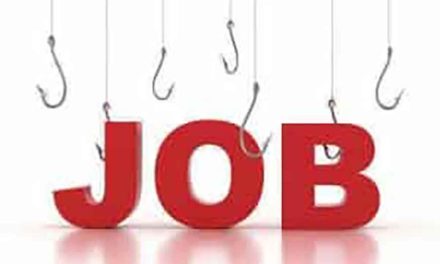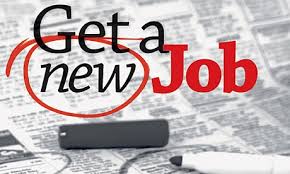A well-planned interview will generally transpire in the following sequence:
GETTING ACQUAINTED
The interview generally starts with introductions and some getting-to-know-you talk. If your interviewer forgets to introduce him/herself or other panel members, inquire politely about their names and their roles with the company so you can respond appropriately to their questions.
AGENDA SETTING
Generally, your interviewer will give you an idea of what will occur during the interview and how long it will be. You can expect to do 80 percent of the talking in a well-conducted interview.
INFORMATION GETTING
Your interviewer will probably start with questions about your education or your employment experience and progress to questions that explore your interest in the job, which is the part of the interview, where they will ask many questions of your knowledge, skills, and career goals.
INFORMATION GIVING
At this point, the interviewer will respond to questions you have about the job. Here’s where your research will be helpful. Demonstrate what you already do know about the company and ask clarifying questions. Assure the interviewer that you have more questions you’d want to explore at the time of a job offer. Acknowledge that he or she has provided a good deal of information during the interview.
CLOSE
To signal that the end of the interview is at hand, the interviewer might say: “Is there anything else you’d like to tell us that we haven’t covered during the interview!” The close of the interview will usually include a cordial statement such as: “We appreciate your interest in the job (company) and thank you for coming to an interview. You can expect to hear from us by next Tuesday.”
If your interviewer does not offer information regarding the next step, ask when you might expect to hear from them. You will, of course, thank your interviewer for the opportunity to meet with them. You should also restate your interest in the job and the organization.
TESTING IN SELECTION
Testing may be part of the recruitment process and may include handwriting analysis. You may need to provide samples of your writing skills or to demonstrate particular expertise as a supplement to the interview. You may also be required to take written aptitude tests and undergo psychological testing. Any testing should be relevant to the job you’re being considered for and should apply to all applicants.
© Wordscapes® (David Turner). All Rights Reserved.




